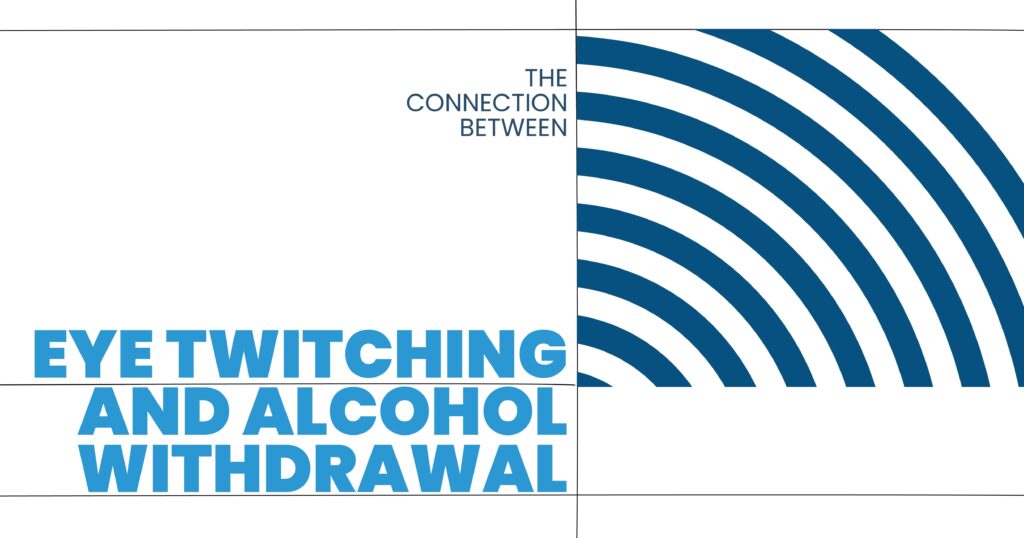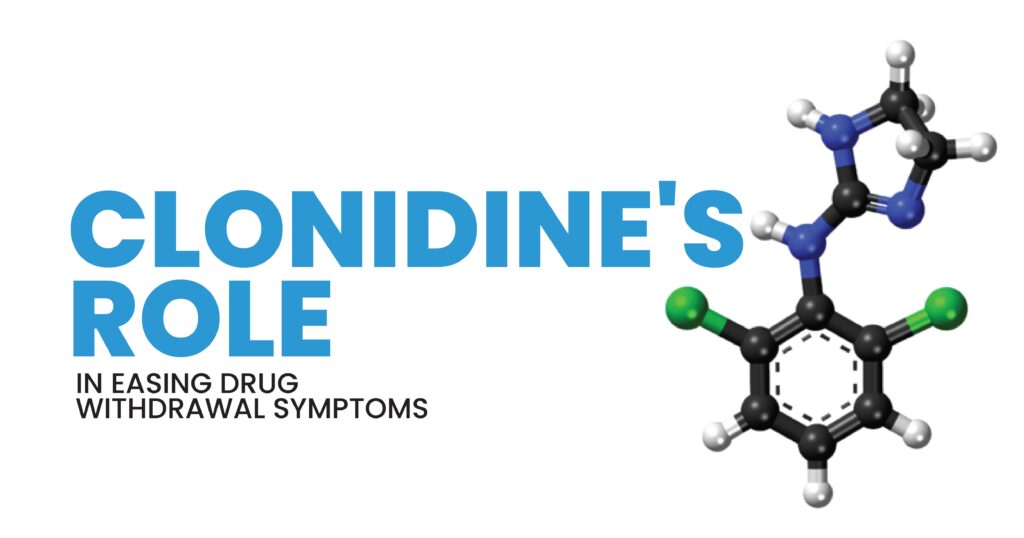Managing the Doxycycline Withdrawal Experience

Authored By:
Raleigh Souther

Edited By:
Chase Mcquown

Medically Reviewed By:
Dr. Alejandro Alva
- Last Updated:

Managing doxycycline withdrawal involves paying attention to both physical and emotional health. Some individuals may experience fatigue, headaches, or digestive upset as the body adjusts. Working closely with a healthcare professional ensures that any lingering symptoms are addressed promptly, reducing discomfort and supporting a smoother recovery journey.
Lifestyle adjustments also make the transition easier. Staying hydrated, eating nutrient-rich meals, and prioritizing quality sleep can restore balance and boost energy levels. Gentle exercise and stress-reduction techniques, such as deep breathing or mindfulness, help maintain emotional stability, making the doxycycline withdrawal experience more manageable and less overwhelming.
Understanding Doxycycline Withdrawal
Doxycycline withdrawal occurs when the body adjusts after stopping the medication, especially if it has been used for an extended period. Some people may notice mild symptoms such as fatigue, headaches, or digestive upset. These effects usually arise as the body restores balance and begins functioning without the antibiotic.
The intensity of withdrawal varies depending on dosage, duration of use, and individual health conditions. While some may experience very few issues, others could find the process more challenging. Recognising these variations is key to setting realistic expectations and preparing effective coping strategies during the adjustment phase.
It is also important to understand that withdrawal is not a sign of addiction but rather the body’s natural response to sudden change. Proper management, including gradual lifestyle adjustments, hydration, and rest, can reduce discomfort. With patience and medical guidance, most individuals navigate doxycycline withdrawal safely and successfully.

Doxycycline Withdrawal Common Side Effects
Stopping doxycycline may bring unwanted side effects. These can be short-term or linger for weeks. While not everyone feels them, knowing what to expect helps.
Physical Symptoms of Withdrawal
Common physical signs include:
- Headaches or dizziness
- Stomach pain, nausea, or diarrhea
- Muscle weakness or joint pain
- Sensitivity to sunlight or skin irritation
- Sleep disturbances
These symptoms are often mild but can be disruptive. Post-doxycycline care is important to help the body recover smoothly.
Emotional and Cognitive Effects
Antibiotic withdrawal can also affect mood. Emotional and cognitive symptoms may include:
- Irritability or sudden mood swings
- Brain fog and poor concentration
- Anxiety or restlessness
- Mild depressive feelings
Although these effects are temporary, they can feel overwhelming. Supportive care and reassurance help reduce distress.
Long-term Effects of Doxycycline
When stopping doxycycline, many people recover without complications, but some notice lingering effects. These can appear weeks or months later as the body continues adjusting. Understanding possible long-term outcomes helps patients stay alert, manage concerns early, and maintain confidence throughout the recovery process with proper self-care and medical supervision.
Long-term effects often depend on dosage, treatment length, and individual health conditions. While mild digestive changes or fatigue are more common, serious complications remain rare. Regular medical check-ups and healthy lifestyle choices can minimize risks. By staying informed, individuals can safeguard their well-being and address any lingering health issues effectively.
Doxycycline Withdrawal Coping Strategies
Coping with doxycycline withdrawal begins with healthy daily habits that support recovery. Staying hydrated helps flush out lingering toxins, while a balanced diet replenishes essential nutrients. Adequate rest allows the body to heal more effectively, making it easier to manage mild discomfort and promote overall well-being.
Emotional resilience is equally important during withdrawal. Engaging in stress-reducing activities like yoga, mindfulness, or gentle walks can ease anxiety and improve mood. Keeping a symptom journal also helps track progress and identify patterns. Sharing this information with healthcare providers ensures better guidance and personalized coping strategies for long-term recovery.
At-Home Management Techniques
Simple strategies can help manage withdrawal:
- Stay hydrated. Drink water to reduce headaches and flush toxins. Proper hydration supports brain function and reduces fatigue. Herbal teas or electrolyte-rich drinks can provide additional relief.
- Eat balanced meals. A nutrient-rich diet supports immune strength. Include whole grains, lean proteins, fruits, and vegetables daily. Avoid processed foods and excess sugar to stabilize mood.
- Rest well. Adequate sleep restores energy and mood. A calming bedtime routine can improve sleep quality. Consistent rest helps the body heal and regulate hormones.
- Track symptoms. Write down changes to share with a doctor. Noting triggers makes it easier to adjust treatment. Detailed records guide healthcare providers in managing withdrawal.
- Use probiotics. Restore gut health after antibiotic use. Probiotics balance digestion and reduce bloating or discomfort. Fermented foods like yogurt or kefir naturally support recovery.
Lifestyle Adjustments for Recovery
Lifestyle changes also support recovery from doxycycline side effects:
- Avoid alcohol and processed foods.
- Limit sun exposure if skin sensitivity remains.
- Exercise gently to boost circulation and reduce fatigue.
- Practice relaxation, like meditation or deep breathing.
- Build a daily routine to restore balance and stability.
Seeking Professional Help for Doxycycline Withdrawal
Professional guidance is essential when managing doxycycline withdrawal, especially if symptoms become persistent or overwhelming. Doctors can monitor progress, provide medical advice, and address complications such as digestive issues or fatigue. Their expertise ensures that recovery is safer, more structured, and tailored to each individual’s unique health needs.
In addition to medical supervision, professionals can recommend supportive therapies. Nutritionists may suggest dietary adjustments to strengthen immunity, while mental health counselors help manage anxiety or mood changes. Accessing professional support not only eases the withdrawal process but also empowers individuals with tools to restore balance and maintain long-term well-being.
Visalia Recovery Center: Compassionate Support for Doxycycline Withdrawal and Recovery
At Visalia Recovery Center, we understand how hard withdrawal feels. Our team provides compassionate care for those dealing with doxycycline withdrawal. We design personalized recovery plans. These may include symptom monitoring, dietary advice, or emotional support. Our experts guide patients through safe doxycycline weaning and long-term healing. Recovery is not only about stopping medication. It is about regaining confidence, balance, and strength. At Visalia, we walk beside you every step. Don’t face withdrawal alone.
Contact Visalia Recovery Center for safe and supportive guidance.

FAQs
What are the common withdrawal symptoms when stopping doxycycline, and how can they be managed effectively?
Common doxycycline withdrawal symptoms include nausea, headaches, and fatigue. Managing them involves hydration, nutrition, and rest. Professional support helps recovery feel easier.
Are there alternative antibiotics to doxycycline that have fewer side effects or withdrawal issues?
Yes, doctors may suggest doxycycline alternatives like azithromycin or amoxicillin. These may cause fewer side effects. Always consult professionals before switching medications.
How should one approach doxycycline tapering to minimize withdrawal symptoms?
Doxycycline tapering should follow medical advice. Doctors reduce doses gradually to avoid stress. This method lowers discomfort and improves overall recovery outcomes.
What long-term effects can occur after stopping doxycycline, and how can they be addressed?
Long-term effects may include digestive imbalance and fatigue. Addressing them involves probiotics, a balanced diet, and regular check-ups. Professional monitoring ensures safe healing.
When should professional help be sought for managing doxycycline withdrawal and side effects?
Seek professional help if symptoms worsen or persist. Severe nausea, mood changes, or prolonged fatigue need medical care. Timely support prevents complications.


